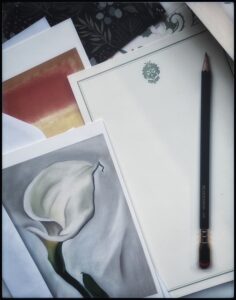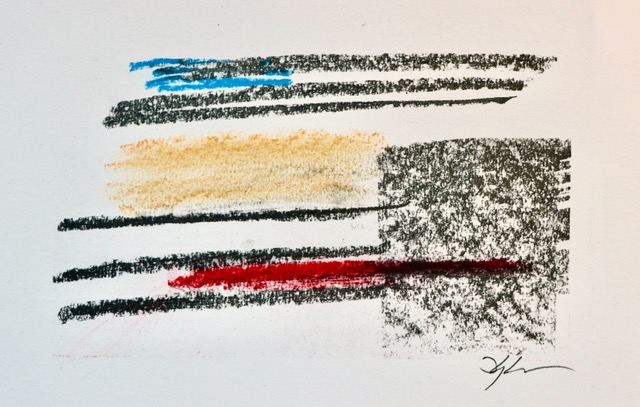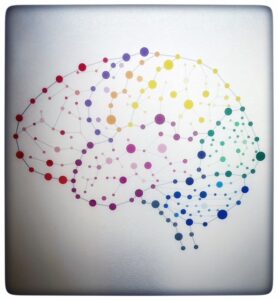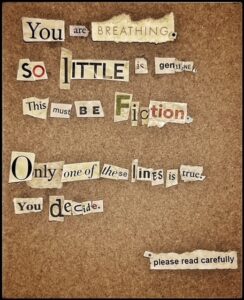
Now in the third week, the labour unrest at Canada Post continues to affect this country financially and ideologically.
The Canadian Union of Postal Workers (CUPW) and Crown corporation are, apparently, so far apart in negotiations that government-appointed meditator called off the mediation process.
The strike is costing business — small business in particular — millions of dollars at a time this country cannot afford it. Yes, the big for-profit courier companies seem to be handling the sharp untick in traffic at the busiest time of year for package delivery, but Christmas day draws ever closer. It is more than an inconvenience as we all are readying packages for faraway family and friends. Many of us are now forced into making gift choices though online services like Amazon and the like.
For me it is personal. I do, and still, enjoy sending Christmas cards. While I have regular letters to reply to — a daughter in Winnipeg, pen pal in the U.K., cousin in Connecticut, and a couple of friends in other U.S. states and Canadian provinces — I’ve got another list of people that I, perhaps, only write to once a year. A Christmas card is always fitting.
I have news to share of next year’s travel plans, a new house and address, and all sorts of personal updates.
I’ve not been writing as much lately. Mentally it has been that kind of a year, so the cards to me, this year, seem a little more important. Handwriting a letter provides a necessary break for my online mind. I’ve got things to say and nothing says it better than a handwritten letter.
While the digital age has allowed instant communication, it is not the same. Email, fundamentally, will not replace the postal service that has become a necessary component of our history.
The postal union (with its 55,000 members) is seeking higher wages, better medical benefits and changes to the postal service’s use of temporary workers. Canada Post has said the CUPW’s bargaining table demands are challenging its “comprehensive framework for reaching negotiated agreements.”
At the heart of the labour strife is the unreal expectation that the crown corporation should make a profit. What seems to have been ignored is the fact that a reliable mail service is necessary infrastructure, like a sewer system or multi-lane highway.
You cannot derive a profit from the millions of kilometers of urban streets and rural highways, or national parks, but we all count on them to be there. Just as we count on the mail service.
Realistically, it never should have come to this. Agreed, negotiations with a strong labour union have been difficult historically, but Jean-Yves Duclos, Minister of Public Services and Procurement, is the minister responsible for Canada Post.
Duclos, as the representative responsible, has been irresponsible by allowing this to drag on so long. Labour minister Steven MacKinnon shares the blame, as does Prime Minster Justin Trudeau, boss to both elected officials. Now, I recognize the PM has a lot of other things on his plate (including his plans to get re-elected next time around) but he should be ensuring the mail gets through.
Word is the feds are not even considering binding arbitration. MacKinnon said deals must be achieved through compromise, but added it was necessary for the Crown corporation because it was at an “obvious pivot point” in its history.
Given that every labour contract has a fixed end date, the federal government and Crown corporation should have been working on these pivots ages ago and not waiting until the contract had expired. It was unfortunate, and irresponsible, not to do so.
Look at where we are and how much it is costing us as individually and as a country.
© 2024 j.g. lewis




